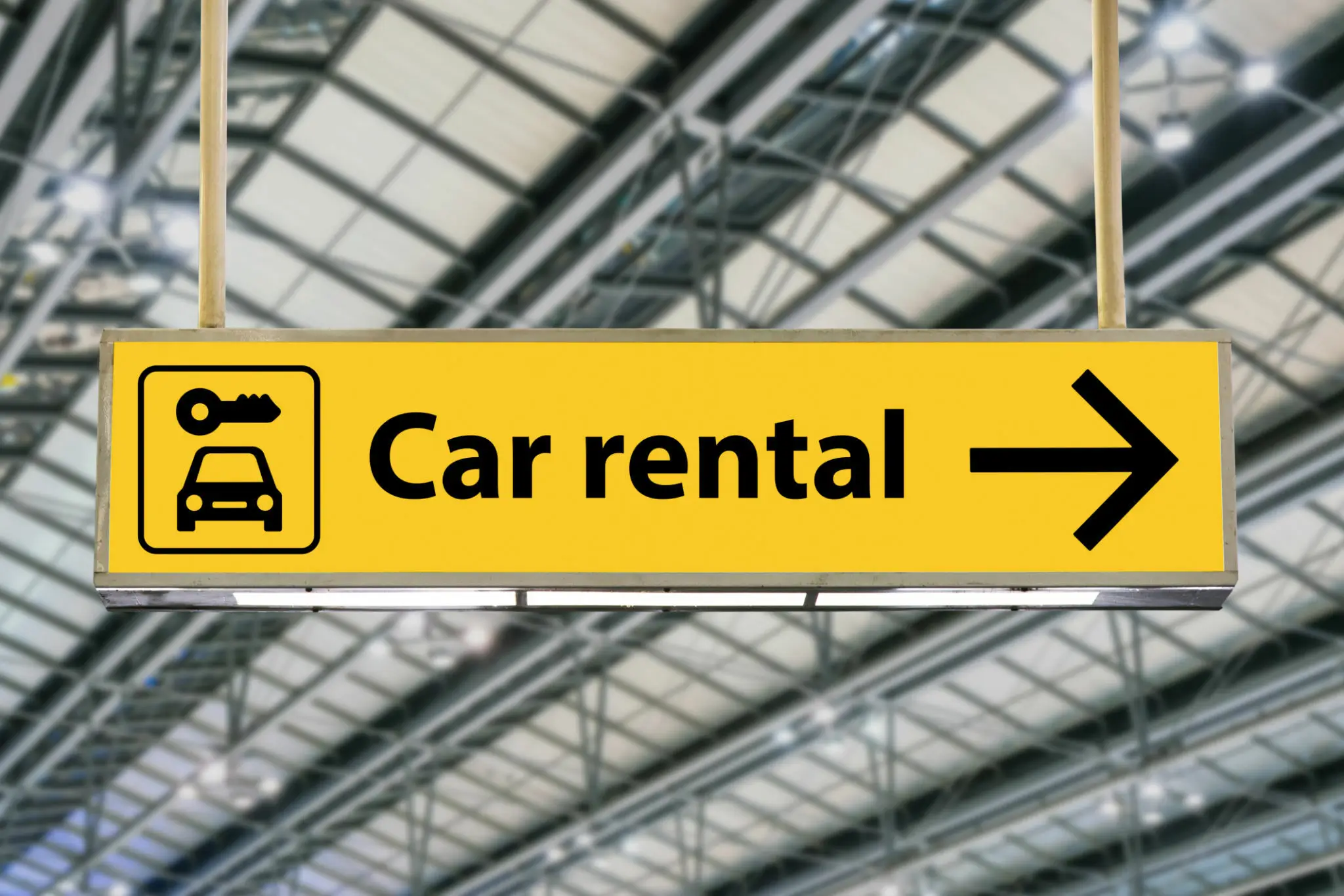
Are you hitting the road with a rental car? Before you rev up that engine, it’s crucial to understand the ins and outs of rental car insurance. Whether you’re traveling for business or pleasure, protecting yourself and the vehicle is paramount. In this guide, we’ll unravel the complexities of rental car insurance, explaining the various coverage options and helping you make informed decisions. So, fasten your seatbelt, and let’s navigate the world of “Insurance for Rental Cars.”
Exploring Rental Cars: A Traveler’s Guide
Are you gearing up for a road trip or planning to travel for business or leisure? If so, you might find yourself in need of a rental car. Renting a vehicle can offer convenience and flexibility, but it also comes with responsibilities, one of which is understanding rental car insurance.
In this comprehensive guide, we will delve into the world of “Rental Cars” and take a closer look at rental car insurance. Whether you’re a seasoned traveler or a first-time renter, having a firm grasp of your coverage options can make your journey smoother and more secure.
Getting Behind the Wheel
Before we hit the road and explore the intricacies of rental car insurance, let’s start with the basics. Renting a car provides you with the freedom to explore new destinations, visit friends and family, or simply get around while your own vehicle is out of commission. It’s like having a temporary set of wheels at your disposal.
However, as with any endeavor, renting a car comes with its own set of considerations and responsibilities. One of the most critical aspects to understand is insurance coverage. Having the right coverage can give you peace of mind, protect your financial interests, and ensure you’re well-prepared for the unexpected.
The Road Ahead: Navigating Rental Car Insurance
Imagine this scenario: You’ve just arrived at your destination, picked up your rental car, and you’re excited to begin your adventure. But as you approach a busy intersection, a sudden downpour reduces visibility, and you find yourself in a minor fender-bender. What do you do next?
This is where rental car insurance comes into play. It’s your safety net in situations like accidents, theft, or damage to the rental vehicle. Understanding your coverage options is crucial, as it can save you from unexpected expenses and hassles.
Types of Rental Car Insurance
Rental car insurance typically falls into the following categories:
1. Collision Damage Waiver (CDW) or Loss Damage Waiver (LDW)
CDW/LDW is not technically insurance but a waiver that relieves you of financial responsibility if the rental car is damaged or stolen. It’s often offered by rental companies and can be a good option for peace of mind.
2. Liability Insurance
This type of insurance covers damage or injury to others if you’re at fault in an accident while driving the rental car. It’s essential to have liability coverage to protect yourself and others on the road.
3. Personal Accident Insurance (PAI)
PAI covers medical expenses for you and your passengers in case of an accident. If you don’t have health insurance that covers accidents, this can be beneficial.
4. Personal Effects Coverage (PEC)
PEC insures your personal belongings if they are stolen from the rental car. If you’re traveling with valuable items, this coverage can be valuable.
5. Supplemental Liability Insurance (SLI)
SLI provides additional liability coverage beyond what’s included in the basic rental car insurance. This can be essential if you’re concerned about having enough liability protection.
6. Roadside Assistance
Roadside assistance can save the day if you encounter problems like a flat tire, dead battery, or running out of gas. It’s a practical add-on to consider.
Navigating the Coverage Maze
Now that you’re familiar with the types of rental car insurance available, how do you navigate the coverage maze and make informed decisions?
- Check Your Existing Coverage: Review your existing auto insurance policy and any coverage offered by your credit card. You may already have some rental car coverage through these sources.
- Assess Your Needs: Consider the specifics of your trip, such as the location, duration, and whether you have passengers. Assess your needs and choose coverage accordingly.
- Compare Rental Companies: Different rental companies offer various insurance packages. Compare the costs and coverage details before making a reservation.
- Ask Questions: Don’t hesitate to ask the rental company for clarification on their insurance options. Understand the terms, conditions, deductibles, and limits of coverage.
- Document Thoroughly: Before driving away in your rental car, inspect it thoroughly and document any pre-existing damage. This can prevent disputes later.
- Drive Safely: The best way to avoid insurance claims is to drive safely and responsibly. Follow traffic rules and regulations, and stay vigilant on the road.
Conclusion
As you embark on your next journey, whether it’s a cross-country road trip or a weekend getaway, remember that understanding rental car insurance is an integral part of the adventure. It ensures that you’re prepared for the unexpected and can enjoy your travels with confidence.
FAQS On Rental Car Insurance
Do I Really Need Rental Car Insurance if I Already Have Auto Insurance?
It depends on your existing coverage. While your auto insurance may provide some rental car coverage, it’s essential to review the specifics. Rental car insurance can offer additional protection and peace of mind, especially in situations where your auto policy falls short.
Can I Use My Credit Card’s Coverage Instead of Rental Car Insurance?
Many credit cards offer rental car insurance as a cardholder benefit. To rely on this coverage, you typically need to pay for the rental car with the card and decline the rental company’s insurance. Be sure to check your credit card’s terms and conditions, as coverage varies among cards.
What Does Collision Damage Waiver (CDW) Cover?
CDW, or Loss Damage Waiver (LDW), typically covers damage to the rental car in case of an accident or theft. It often includes a deductible. While it can be valuable, it may not cover certain situations, like damage to tires or the car’s interior.
Is Personal Accident Insurance (PAI) Necessary if I Have Health Insurance?
If you have adequate health insurance, PAI may not be essential. However, it can provide additional coverage for medical expenses resulting from a rental car accident. Evaluate your existing health insurance to determine if PAI is worth considering.
Can I Add Additional Drivers to the Rental Car Insurance?
Yes, you can typically add additional drivers to rental car insurance. However, they may need to meet certain requirements and be listed on the rental agreement. Adding drivers can be useful if you plan to share driving responsibilities during your rental period.






